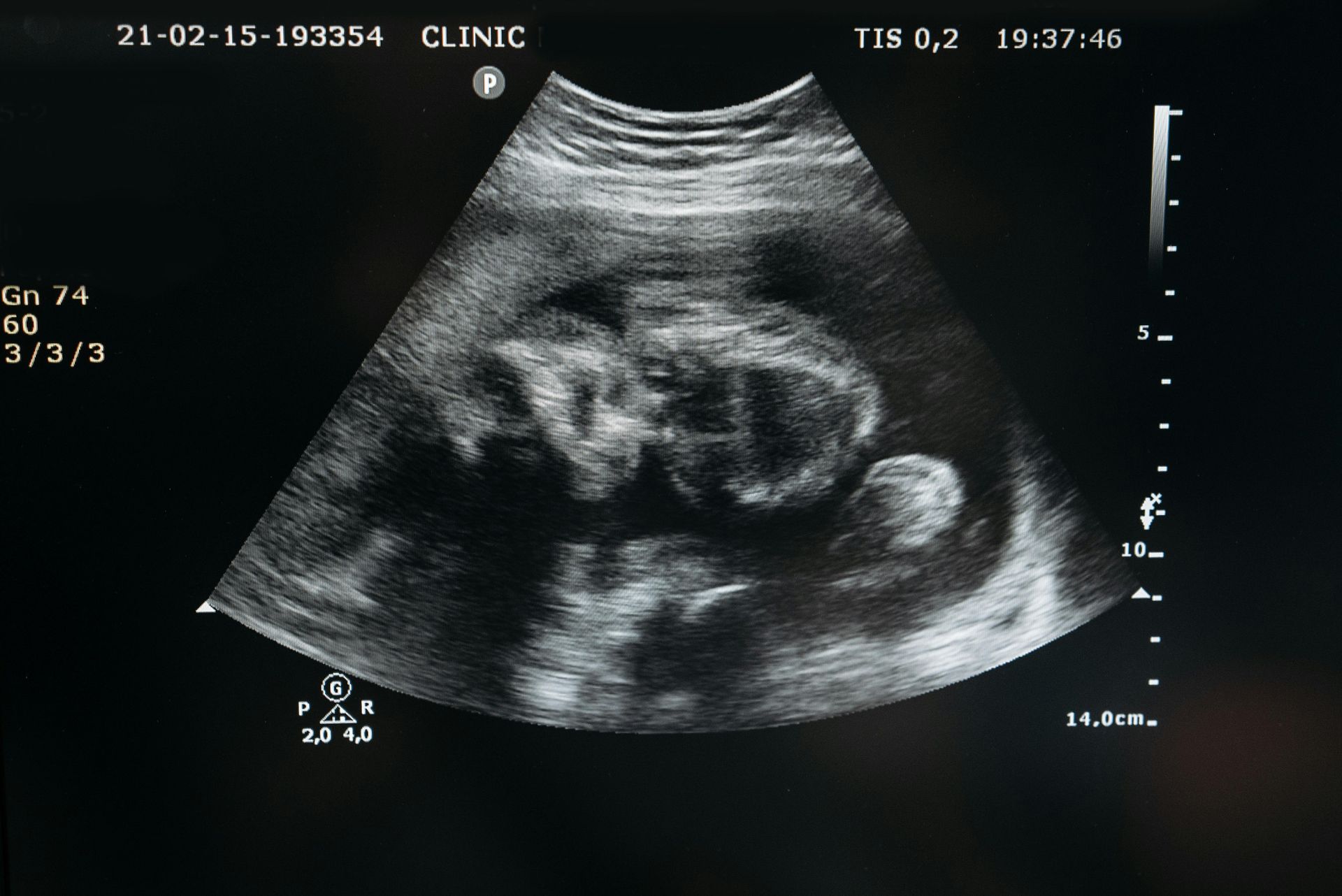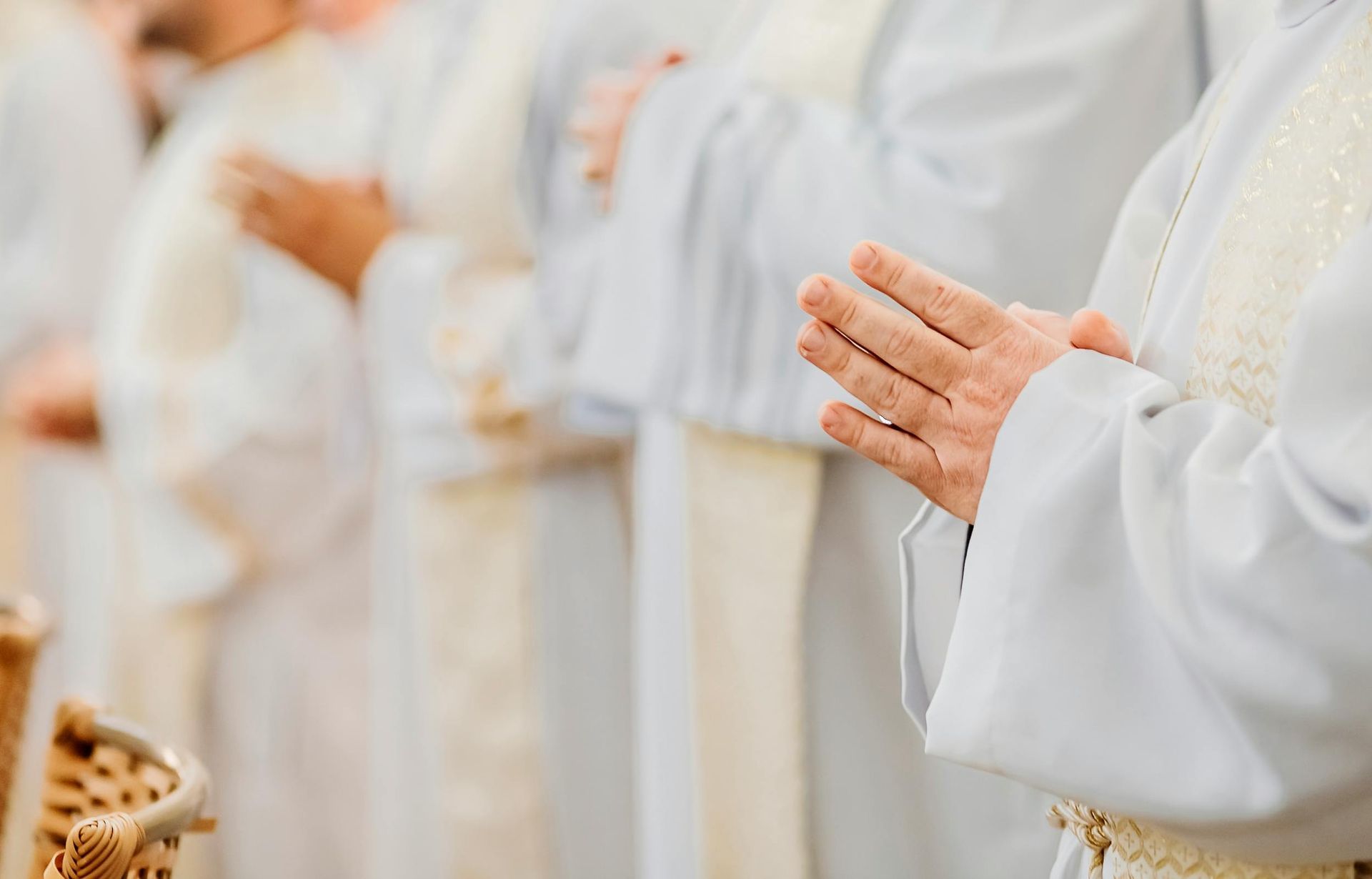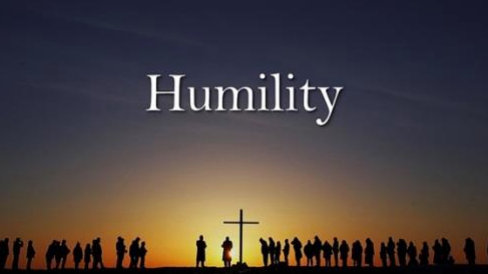The Resurrection is the foundation of all we are
Whether we think of the first century or the 21st century, the resurrection is both a central and a controversial part of Christian theology and experience. Today we hear about those who challenge the possibility of resurrection — whether Christ’s or ours — both outside and inside the Christian church.
The situation was much the same in St. Paul’s day. When Paul preached about the resurrection of the dead to the intellectuals of his day, some believed, but others scoffed (Acts 17:32). And much to his chagrin, after he preached the resurrection to the Corinthians (1 Cor 15:1-4), some in the Corinthian church began to say that ”there is no resurrection of the dead” (1 Cor 15:12). Paul then proceeded to write the text on the resurrection that has been foundational and formative for 2,000 years of Christian history, 1 Corinthians 15.
In our own day of skepticism and misunderstanding about many basic Christian convictions, what can we learn from the apostle Paul concerning the theological and spiritual significance of Christ’s resurrection and of ours? We may approach this topic from four angles, beginning with the critical importance of Christ’s resurrection.
For the apostle Paul, the resurrection of Christ was not merely one among many Christian convictions; it was the one that guaranteed the significance of all others and provided the rationale for the life of faith, hope and love expected of those who live in Christ. From Paul’s perspective, to deny or misinterpret the resurrection is to undermine the entire Christian faith.
In his response to the Corinthians who denied the resurrection of the dead, Paul argued logically that if there is no resurrection of the dead, then Christ has not been raised. And if Christ has not been raised, he says, ”your faith is vain; you are still in your sins” (1 Cor 15:17). That is, Christ’s death on the cross for sins (see 1 Cor 15:3) has no saving significance without the resurrection. It is merely the Roman crucifixion of a false messiah.
Furthermore, the apostle asserts, if Christ is not raised,
Then those who have fallen asleep in Christ have perished. If for this life only we have hoped in Christ, we are the most pitiable people of all…. If the dead are not raised: ”Let us eat and drink, for tomorrow we die” (1 Cor 15:18-19,32b).
In other words, the dead are dead, there is no hope of eternal life, and the idea of living a life of sacrificial devotion to God and others in the present is simply absurd. Instead, let’s party! Death is the end, and the only logical thing to do is enjoy this life to the max: Carpe diem.
It is unlikely that the naysayers of resurrection in Paul’s day or ours recognize the grave consequences of their disbelief. It is one of the tasks of Christian preaching and formation to make these consequences clear.
The Meaning of Christ’s Resurrection
Paul, to be sure, does not think Christ is dead or that the life of faith, hope and love is an existential mistake. Rather, he exclaims, ”But now Christ has been raised from the dead” (1 Cor 15:20a). The way this is worded is critically important: ”Christ has been raised,” rather than ”Christ arose,” implies that someone has raised Christ from the dead. That someone, of course, is God the Father, and Paul almost always uses language about Christ’s resurrection that explicitly affirms or implies God’s raising of Jesus.
By doing so, Paul tells us that the resurrection is God’s vindication of Jesus and God’s stamp of approval on how Jesus lived and died. Jesus’ death, and the life that led to it, are neither misguided nor meaningless. His death was indeed God’s provision for the forgiveness of our sins and our liberation from the very power of sin itself. Moreover, Jesus’ life and death reveal the way that God operates in the world and the way God wants us as the people of God to live in this world, too (1 Cor 1:18-2:5).
Furthermore, in the resurrection of Jesus, God demonstrates that sin, evil and death do not have the final word in God’s world. We know that the twin enemies of the human race, sin and death, will be defeated (1 Cor 15:55-57). In fact, God’s resurrection of Jesus initiates a new age that is characterized by resurrection to new life (power over sin) in the present and bodily resurrection to eternal life (victory over death) in the future. We can participate in that new age by sharing in God’s resurrection of Jesus through the experience of death and resurrection contained in, and symbolized by, baptism (more on this below).
We must stress here one key point that contemporary Christians often fail to understand or try to avoid: that Christ’s resurrection was a bodily resurrection. Paul was a Pharisee, not a Platonist, and he did not believe in the immortality of a body-less soul. Bodily resurrection does not mean simply the resuscitation of a corpse, but neither is it merely a metaphor for Christ’s ongoing existence in the Church as His body, or something similar.
Paul’s Corinthian audience was apparently confused about the corporeality of resurrection, too, so the apostle develops some elaborate analogies to help the Corinthians understand that bodily resurrection means transformation, and thus both continuity and discontinuity with respect to our current bodily existence (see 1 Cor 15:35-57).
But resurrection is nonetheless a bodily experience. Paul would have agreed with later Christian writers who repeatedly urged that ”What Christ has not assumed [taken on himself], he does not redeem.” But Paul might have stated it as follows: ”Christ has in fact redeemed that which he assumed [that is, the body].” As we will see below, this has much significance for Christian ethics.
When contemporary Christians think of their own resurrection, they most often imagine the future reality of eternal life with God, however they conceive of that reality. Paul would certainly not deny the reality of our future resurrection to eternal life with God, but he also stresses the present reality of resurrection now.
In baptism, Paul says, we have shared in Christ’s death and resurrection (see Rom 6). Our old self was crucified with Christ (see Rom 6:6) and a new self was raised from the dead so that: ”just as Christ was raised from the dead by the glory of the Father, we too might live in newness of life” (Rom 6:4). Paul describes this ”newness of life” as dying to sin and living to God (see Rom 6:6, 11ff). The final outcome of this new life is future eternal life (see Rom 6:5, 22), but the main emphasis in Paul’s words about baptism is not on future resurrection but on present resurrection — ”living to God.”
Preaching about resurrection, whether at Easter or at baptisms and funerals, should reflect Paul’s emphasis much more than it usually does. We misinterpret resurrection and mislead both Christians and others if we convey the idea that resurrection is primarily about ”going to heaven when you die.” Resurrection is first of all about new life here and now. It is about putting on Christ in baptism (Gal 3:27) and then doing so every day thereafter (Rom 13:14).
The Spiritual and Ethical Consequences of Resurrection
The significance for Paul of resurrection to new life could hardly be overestimated. On every page of his letters, he is urging his congregations to embody the new life they have in Christ. We may briefly mention three dimensions of this new life.
First of all, the new life we live is in fact the life of Christ within us. If Christ has been raised, then He is not dead but alive, and He comes to inhabit His people, both individually and corporately, to infuse them with His very life, which is in fact the life of God: ”I have been crucified with Christ; yet I live, no longer I, but Christ lives in me” (Gal 2:19-20). Too often contemporary Christians underestimate and under-utilize the indwelling power of Christ.
Second, the resurrection to new life is, paradoxically, a life shaped by the cross. In being raised to new life, we do not leave the cross behind. Not only is our crucifixion with Christ an ongoing experience (again, Gal 2:19-20), but the very shape of the resurrection life is cross-shaped, or cruciform.
That is, the life that Christ lives in us by the power of His Spirit is an extension of the life of obedience to God and love for others that landed Him on a Roman cross. Christ’s self-giving generosity, service and hospitality (see 2 Cor 8:9; Phil 2:1-11; Rom 15:1-3) continue their life in the life of His people.
Finally, the resurrection life is a countercultural existence that values the body as God’s temple and is dedicated in mind and body to the service of God and others (see Rom 12:1-2). Unlike our culture more broadly, we Christians know (or ought to know) with Paul that our bodies belong to God (see 1 Cor 6:19-20) and that God will one day raise them (see 1 Cor 6:14).
Thus our bodies are to be offered to God (see Rom 6:12ff) in ways that reflect their dignity, purpose and final end. Good preaching and formation will consistently explore the implications of this kind of bodily resurrection existence on our sexual lives, our vocations, our use of time and money, and on much else. The resurrection, in other words, is the foundation of all we are and do. TP
DR. GORMAN is Professor of Sacred Scripture and Dean of the Ecumenical Institute of Theology at St. Mary’s Seminary & University in Baltimore. Among his books are four on Paul, including, Reading Paul and Cruciformity: Paul’s Narrative Spirituality of the Cross.









